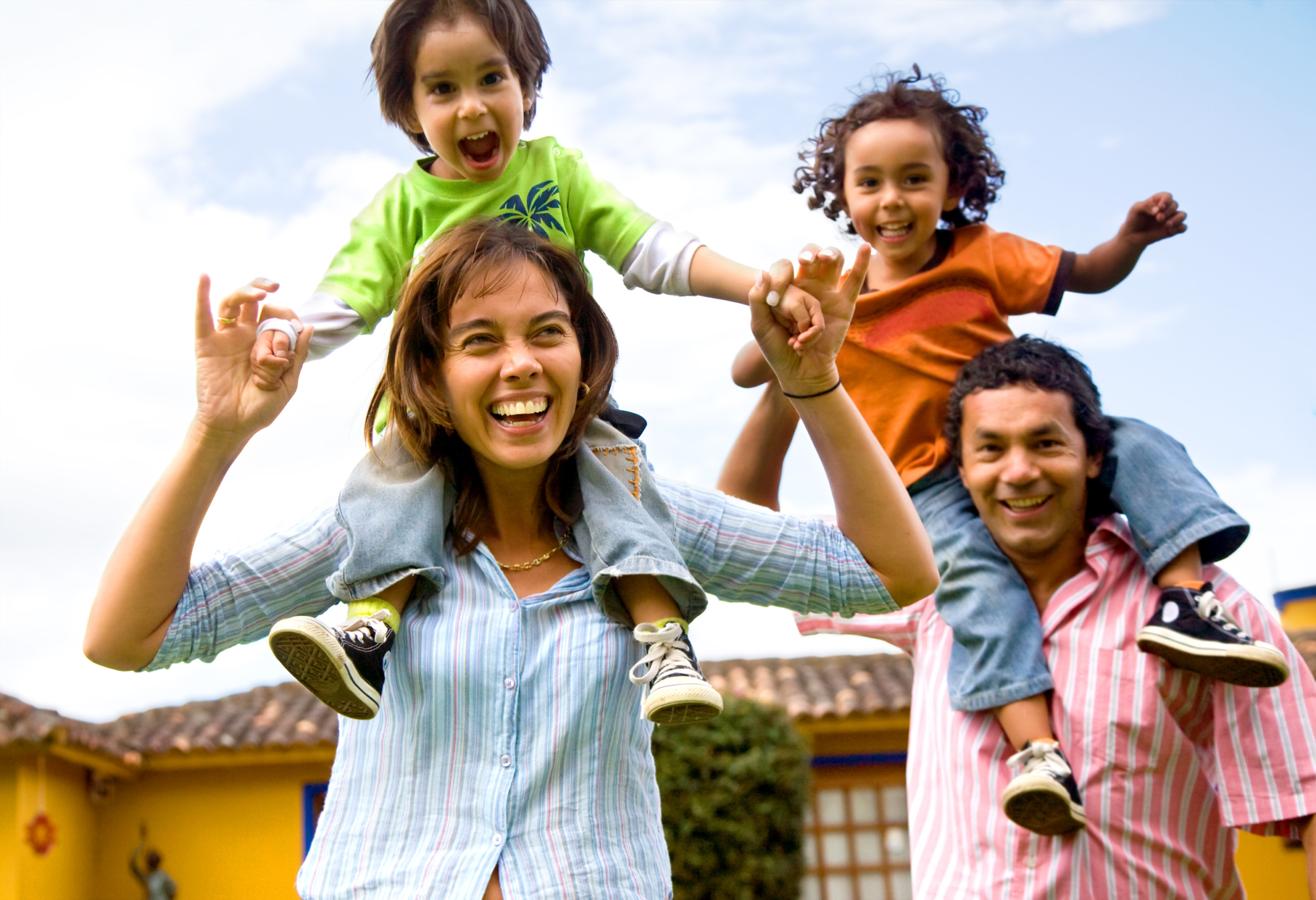Source
Summary
“This report is intended for parent advocates, practitioners, program evaluators, researchers, policymakers, systems change leaders, and funders seeking to generate questions and knowledge about 2Gen interventions and help build the evidence base regarding their implementation and effectiveness.
The well-being of children is inextricably linked to the well-being of the adults who care for them and the environments in which they live. Two-generation (2Gen) approaches build family well-being by intentionally and simultaneously working with children and the parents/adult caregivers in their lives together, with the goal of creating a legacy of educational success, economic prosperity, and health and well-being that passes from one generation to the next. 2Gen approaches also seek to address structural inequities that block many families from thriving.
The 2Gen field is currently at an inflection point: 2Gen approaches are proliferating, and it is important to understand what is being implemented, who is being served, if those efforts are effective, and how those efforts might be improved upon. This requires thoughtful learning, evaluation, and research.
The main body of this report details the results of the 2Gen Building Evidence Learning and Action Committee. Their research was based on the principles below.
Guiding Principles for 2Gen Learning, Evaluation, and Research
-
- Advance equity
- Engage and listen to the voices of parents/adult caregivers
- Center on community
- Measure and account for outcomes for children, parents/adult caregivers, key family relationships, and the family as a whole
- Measure and account for factors outside the family that influence child, parent/adult caregiver, and family well-being and relationships
- Think broadly about what constitutes evidence, and be transparent
- Foster innovation while building evidence”
View Youth Today's Report Library
































